Prolonging Battery Life: Essential Tips for RV Owners
Introduction:
For those who appreciate the freedom of the open road, maintaining their recreational vehicle (RV) is paramount to guaranteeing safe, enjoyable experiences on multiple adventures. At its heart lies your battery system, which needs careful consideration to perform optimally. This guide delves into essential maintenance requirements to increase longevity of use as well as practical advice such as that provided by LANPWR 12V 100Ah LiFePO4 Battery, which has become world-renowned due to its durability.
Understanding Your RV Battery
Types of RV Batteries
Understanding all available types of batteries is crucial to conducting efficient battery management for RVs; here are the most frequent ones used:
Lead Acid Batteries: Lead acid batteries are traditional batteries that are economical and reliable, suitable for starting engines but requiring regular maintenance to extend their lifespan.
Deep Cycle Batteries: Deep cycle batteries offer steady power over an extended period of time. As their cells can handle multiple discharge and recharge cycles without damage or degradation, deep-cycle batteries make an excellent option for powering living quarters in RVs and recreational vehicles.
Key Terms and Their Significance
Achieving successful battery maintenance starts by understanding key terminology:
Fully Charged: When fully charged, batteries reach their maximum energy potential to prevent overcharging, undercharging, and over-discharge of either type. Deep Cycle: Deep cycle batteries allow their energy storage capacity to be depleted and recharged numerous times over extended use—perfect for continuous usage!
Lead Acid Batteries: Lead acid batteries combine lead plates and sulfuric acid for power generation, necessitating regular maintenance to remain efficient and ensure maximum output.

Explore The Initial Steps Of Battery Maintenance
Checking and Maintaining Charge Levels
Proper battery care starts with keeping its charge levels within an optimum range. Using a voltmeter or battery monitor regularly to measure this charge status helps avoid overcharging or undercharging scenarios that could significantly shorten the battery's lifespan.
Storing Your RV Properly
Storing your RV properly for extended periods is vital, particularly to keep it protected against extreme temperatures or environmental conditions that could aggravate battery degradation and shorten its lifecycle. We advise storing it somewhere cool and dry, as the sun may cause damage to its battery system over time.
Regular Maintenance Procedures
Water Levels in Batteries
For lead acid batteries, proper water management includes regular checks and topping up of their water levels with only pure, distilled water to protect their battery from impurities that could harm its performance.
Protecting Your Battery Proper battery
Terminal maintenance can prevent power loss and corrosion; it helps ensure an uninterrupted supply of electricity while prolonging the battery's lifespan.
Disconnect and detach the battery before applying a solution of baking soda and water to its terminals for cleaning, before thoroughly rinsing with clean water, before drying thoroughly before reconnecting and checking that all connections are secure and corrosion-free.

Advanced Battery Care Techniques
Battery Testing
Ongoing Deep Cycle Battery testing can help ensure maximum health and efficiency from their deep cycle batteries, using tools like digital multimeters and battery load testers for regular checks on performance as well as to identify any possible problems before they worsen.
Optimizing Battery Usage | RV Battery Life
Here's an effective strategy to extend the longevity of your RV battery: Reduce power waste with this step-by-step guide: Regularly check and maintain optimal charge levels to stay ahead of any problems with battery issues, and upgrade to more energy-efficient appliances that consume less power
Troubleshooting Common Battery Issues
Signs of Battery Failure
Common symptoms that your battery might be failing include difficulty starting the engine and dimming lights; diminished power; swelling/cracking in its case; and light inability.
Solutions to Common Issues
Routine maintenance can often resolve battery-related problems; if issues remain, professional assistance or replacement might be required.
Conclusion
Consistent and informed battery maintenance will extend its lifespan as well as improve overall RV reliability, making your travels safe and pleasurable. By understanding and following these tips, your journeys will remain safe and enjoyable!
Begin taking better care of your RV battery now! For expert tips and professional guidance, subscribe to our blog or reach out. Your RV should always be powering its next adventure—keep its power running strong.

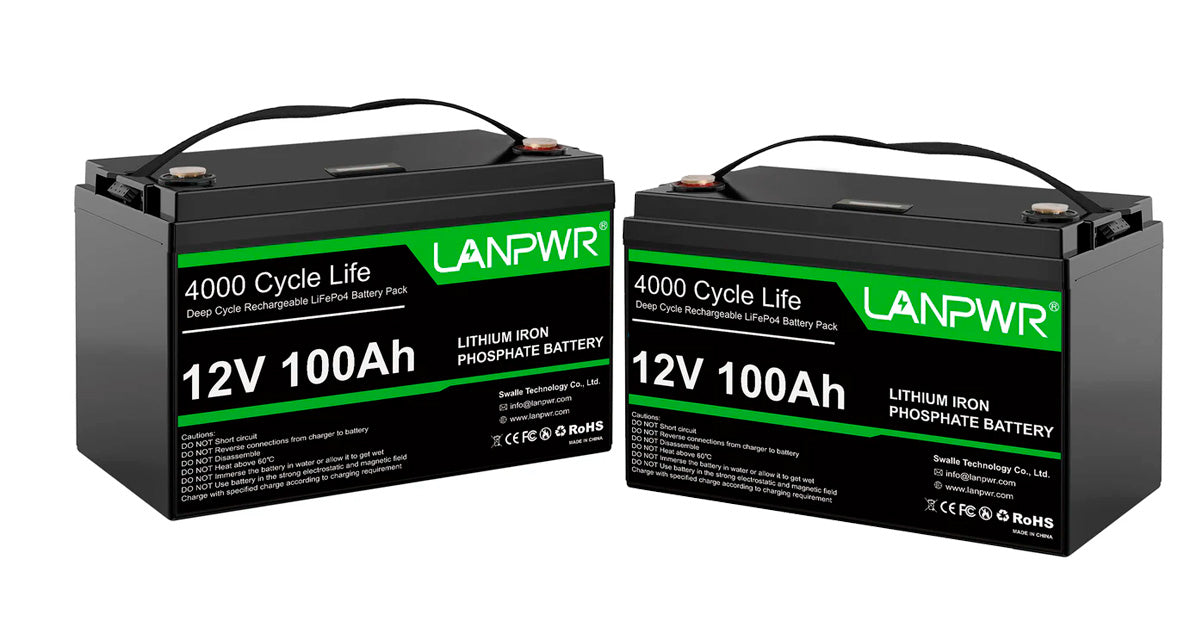
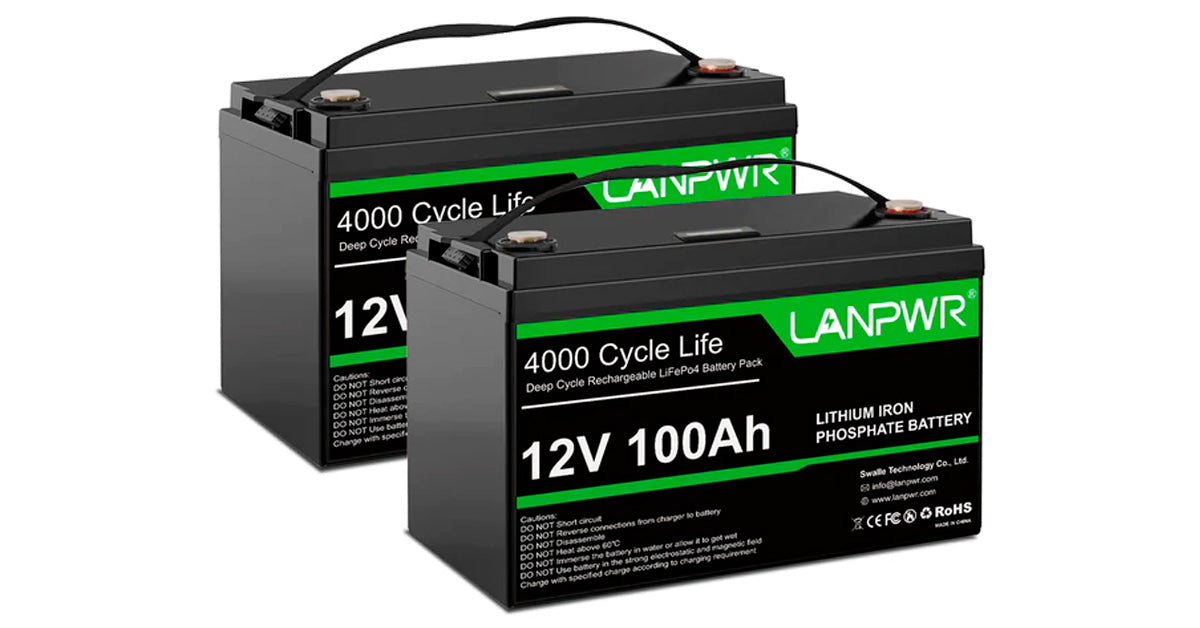
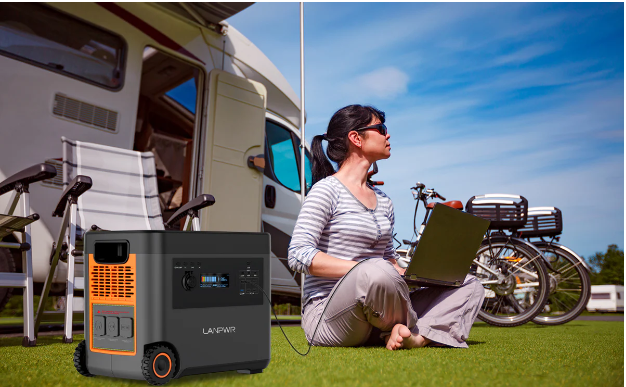
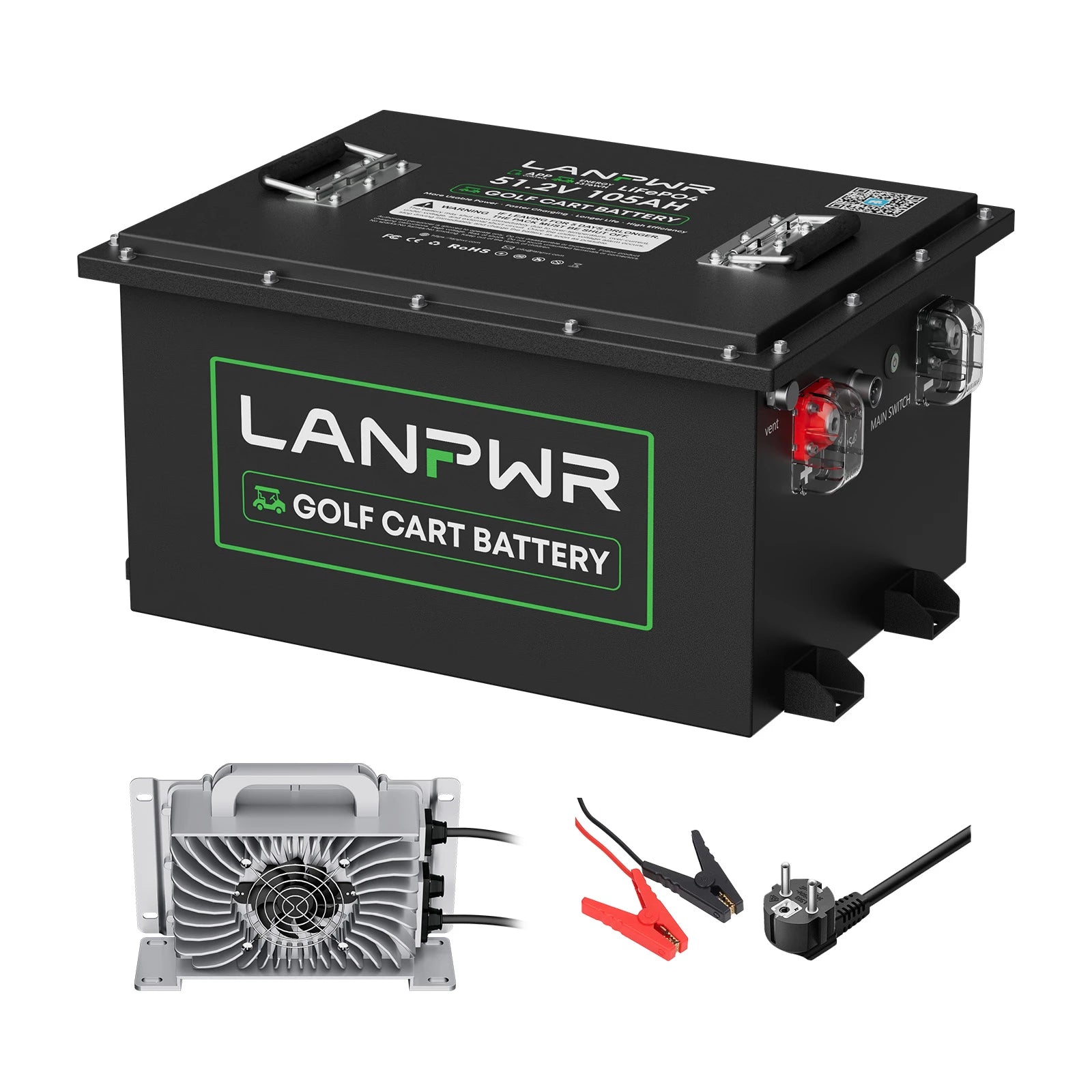
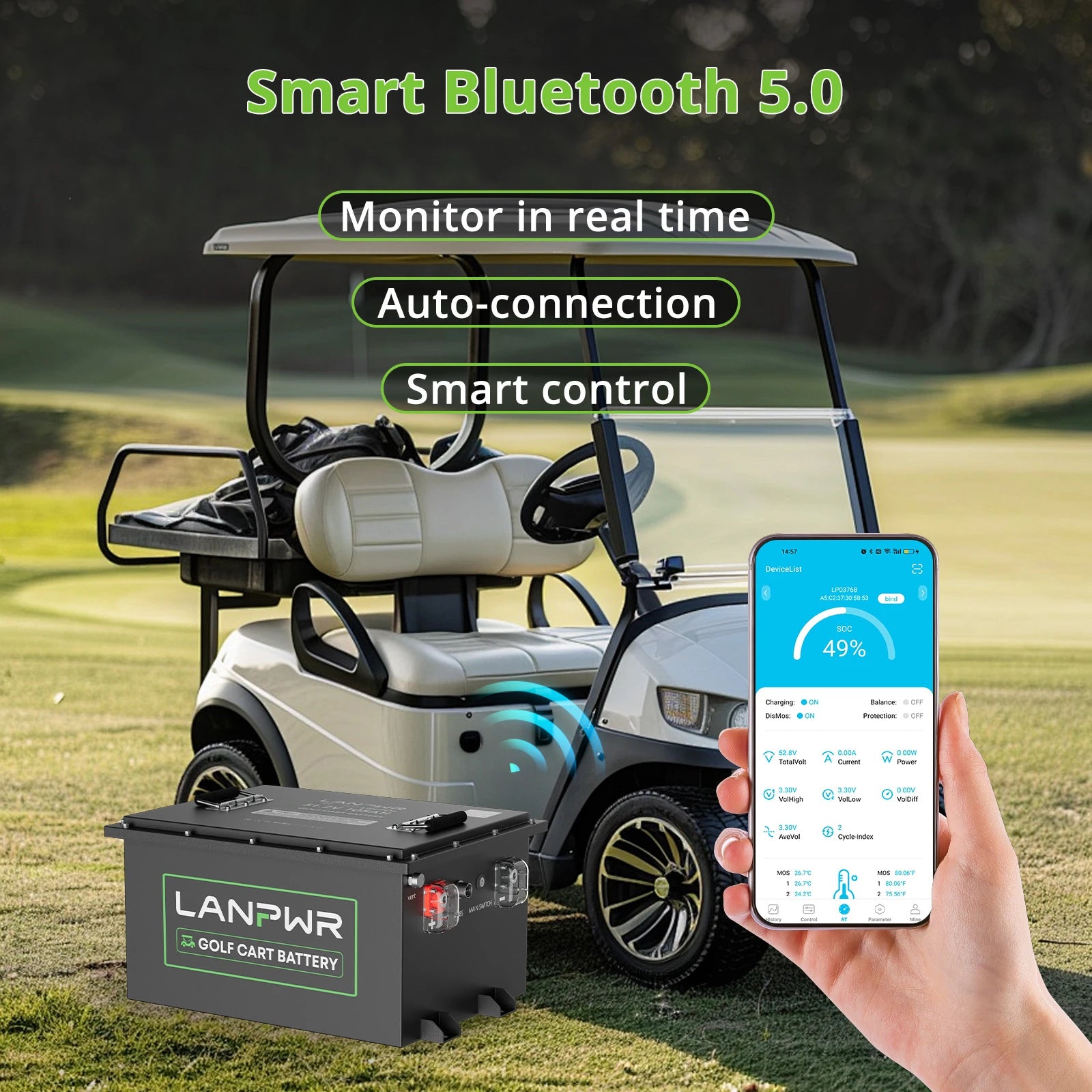
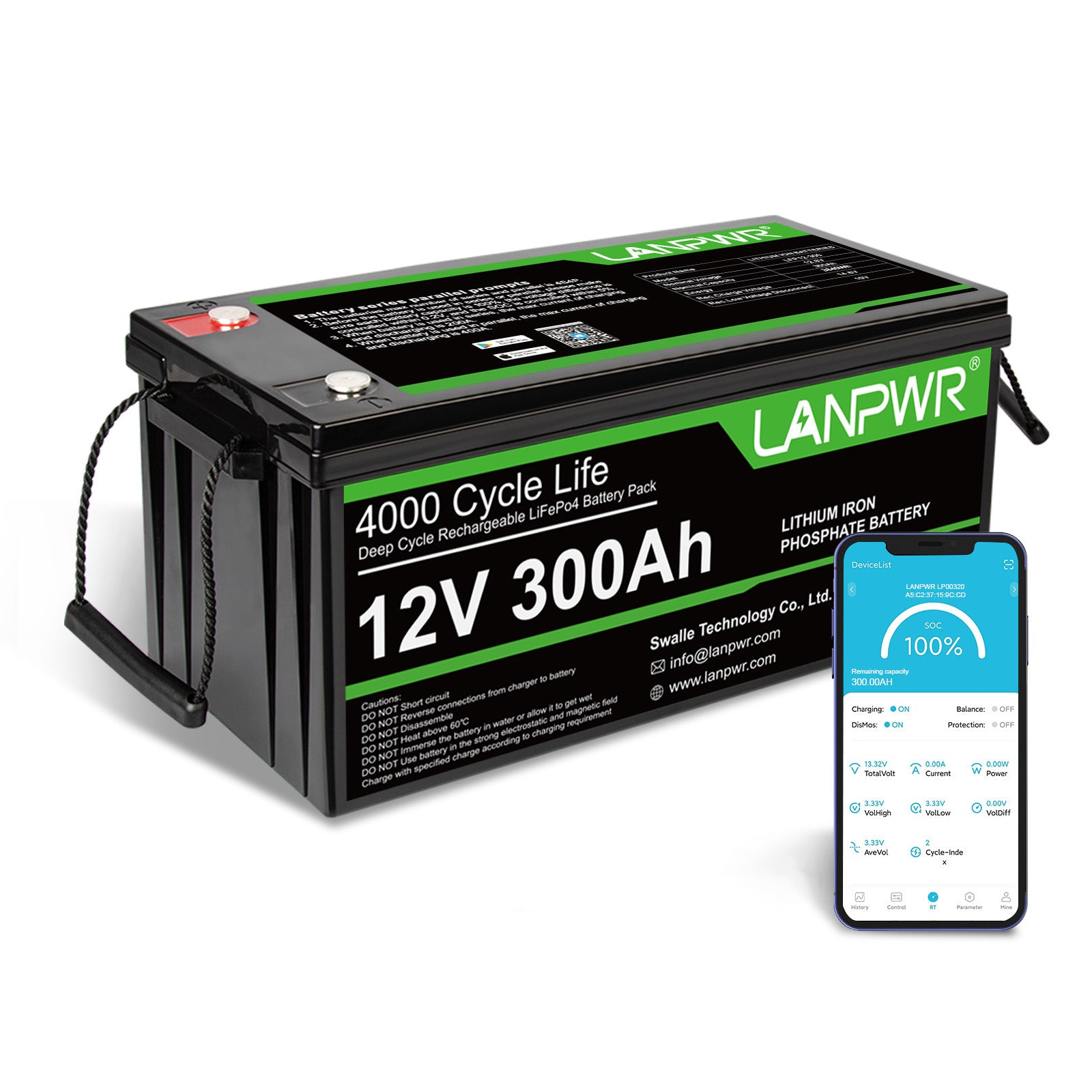
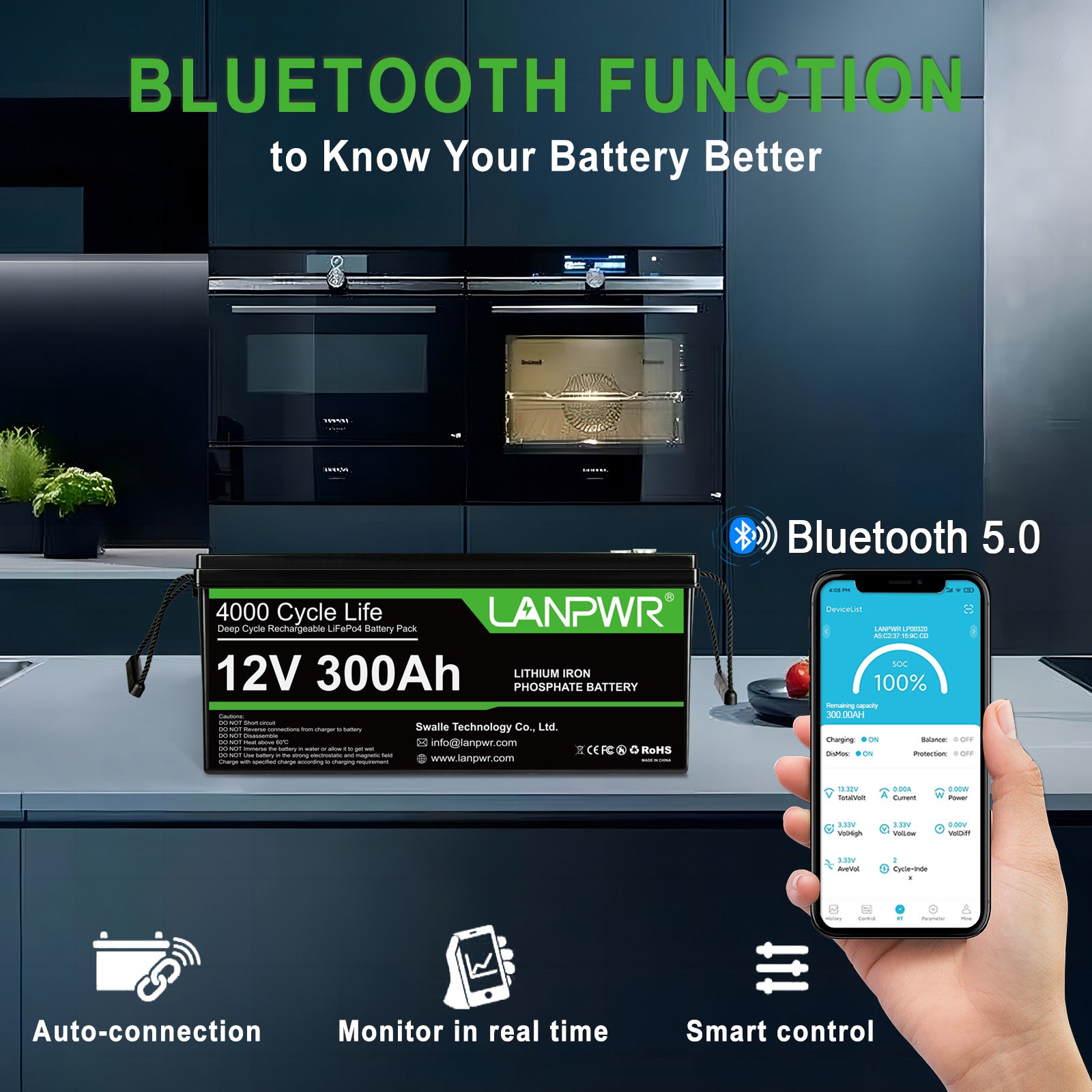
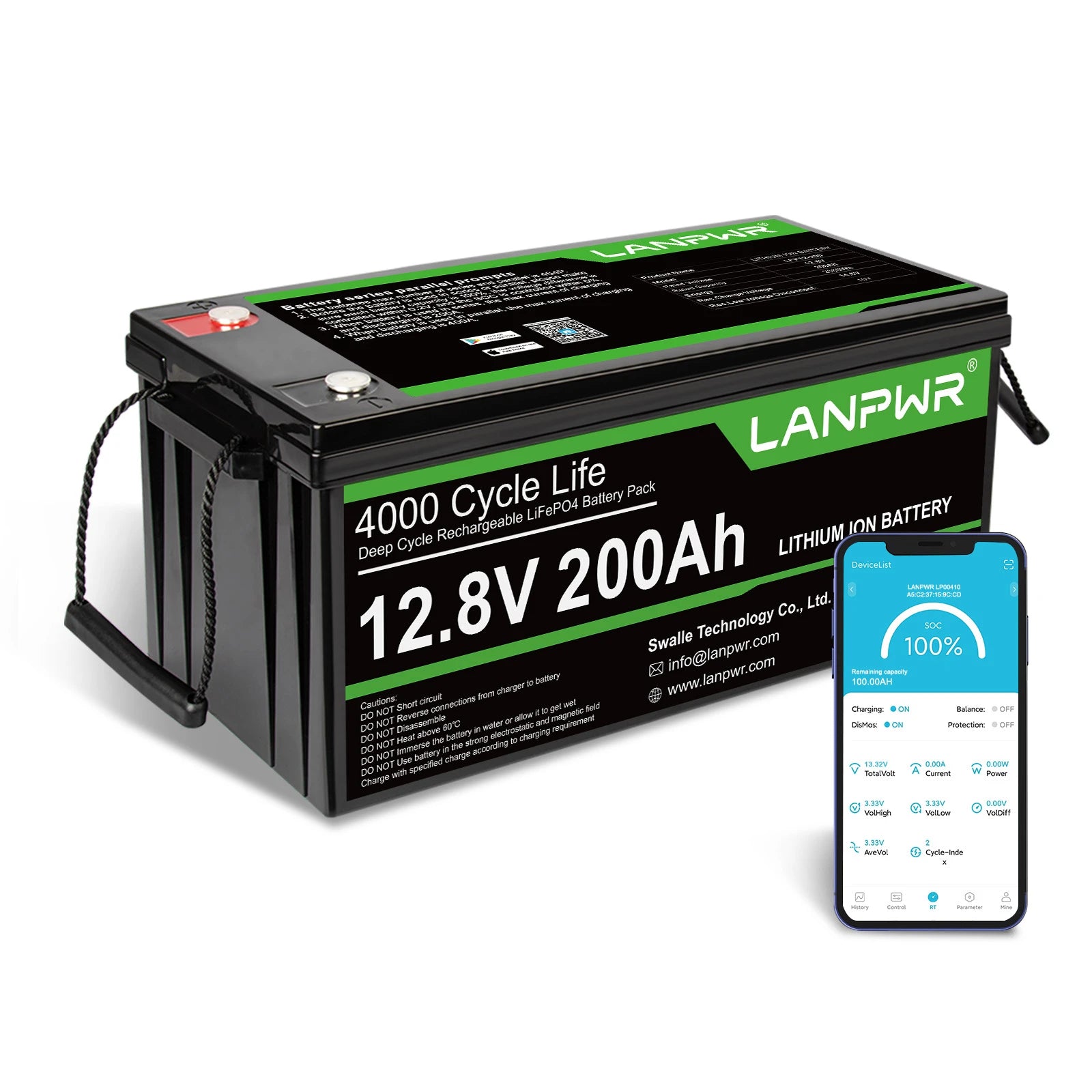
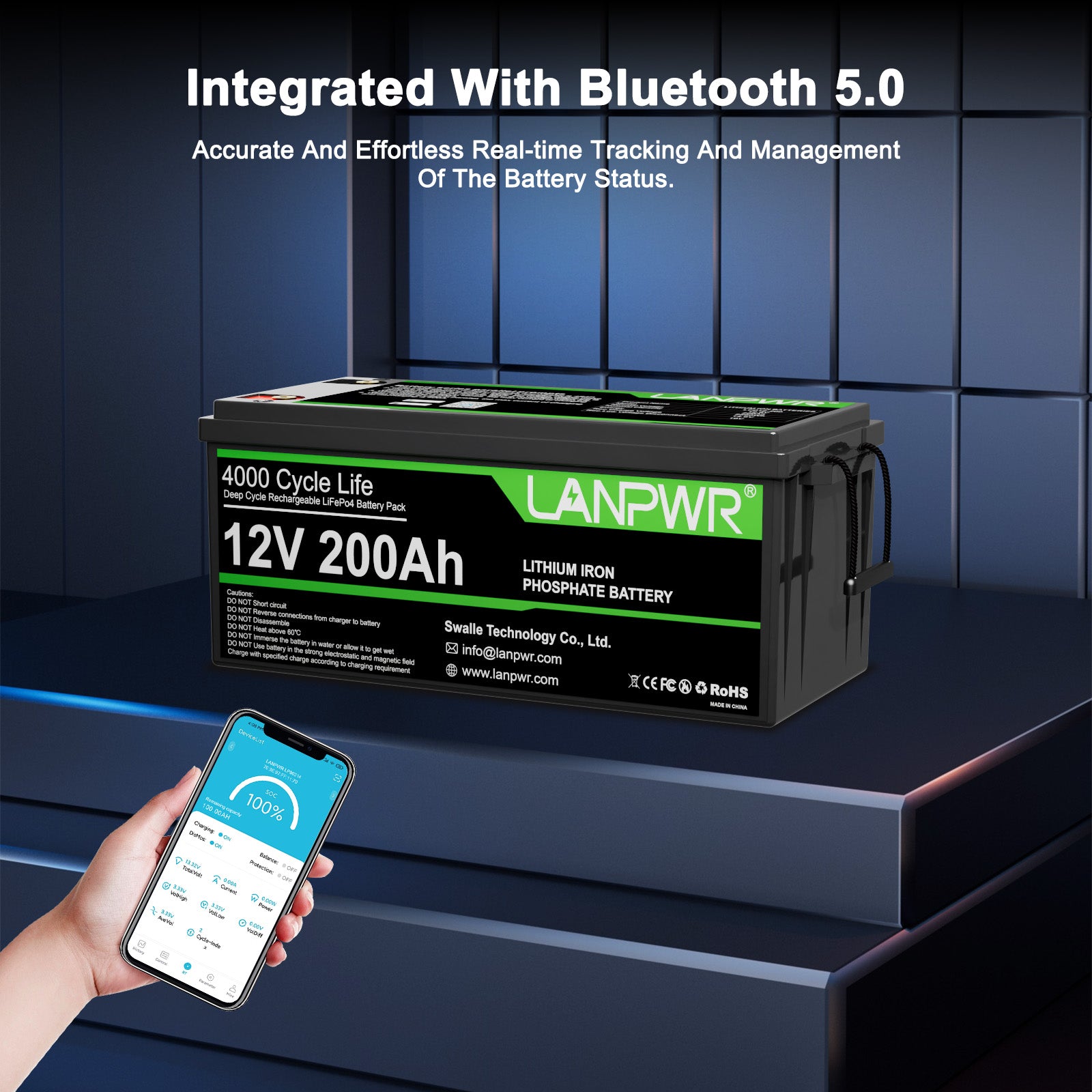
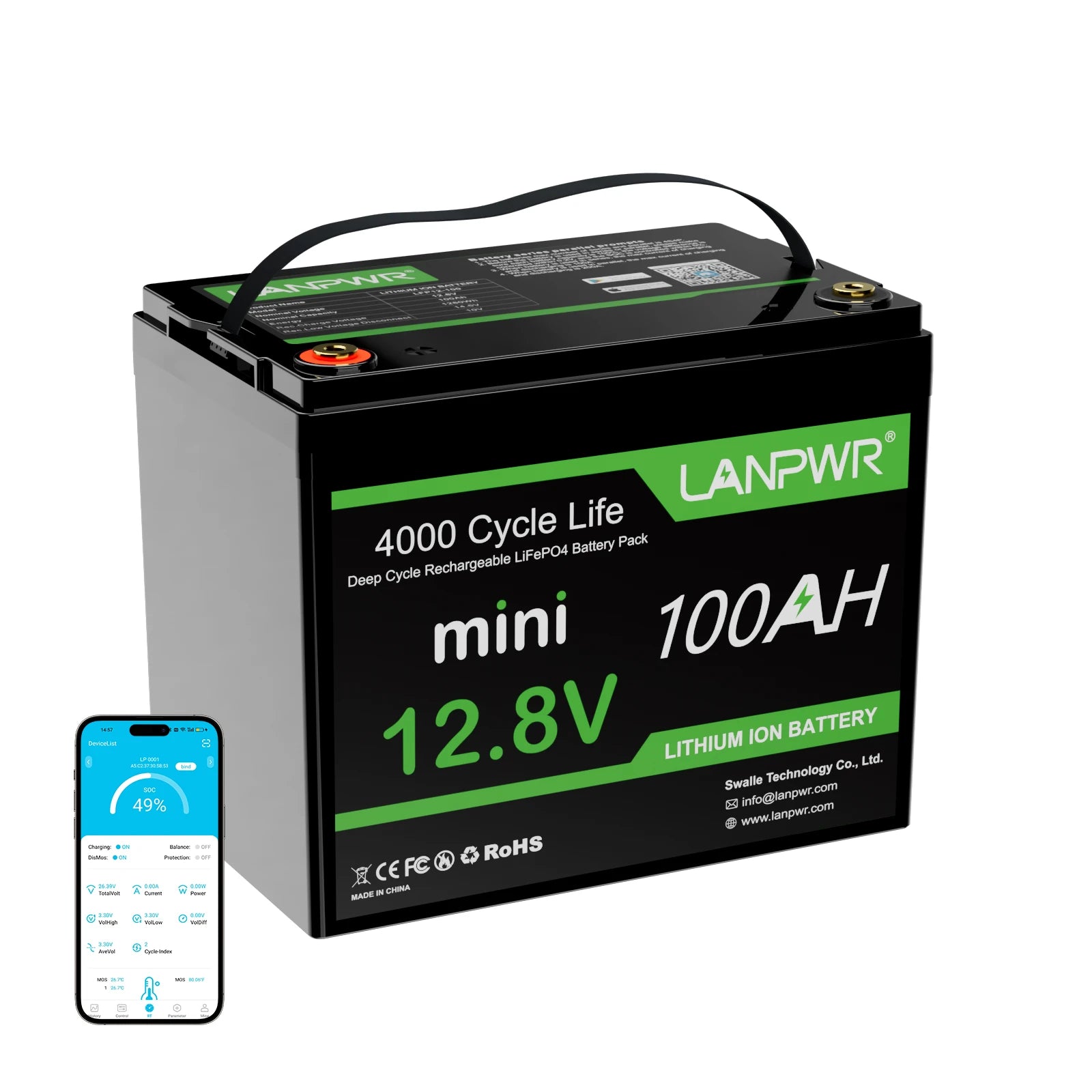

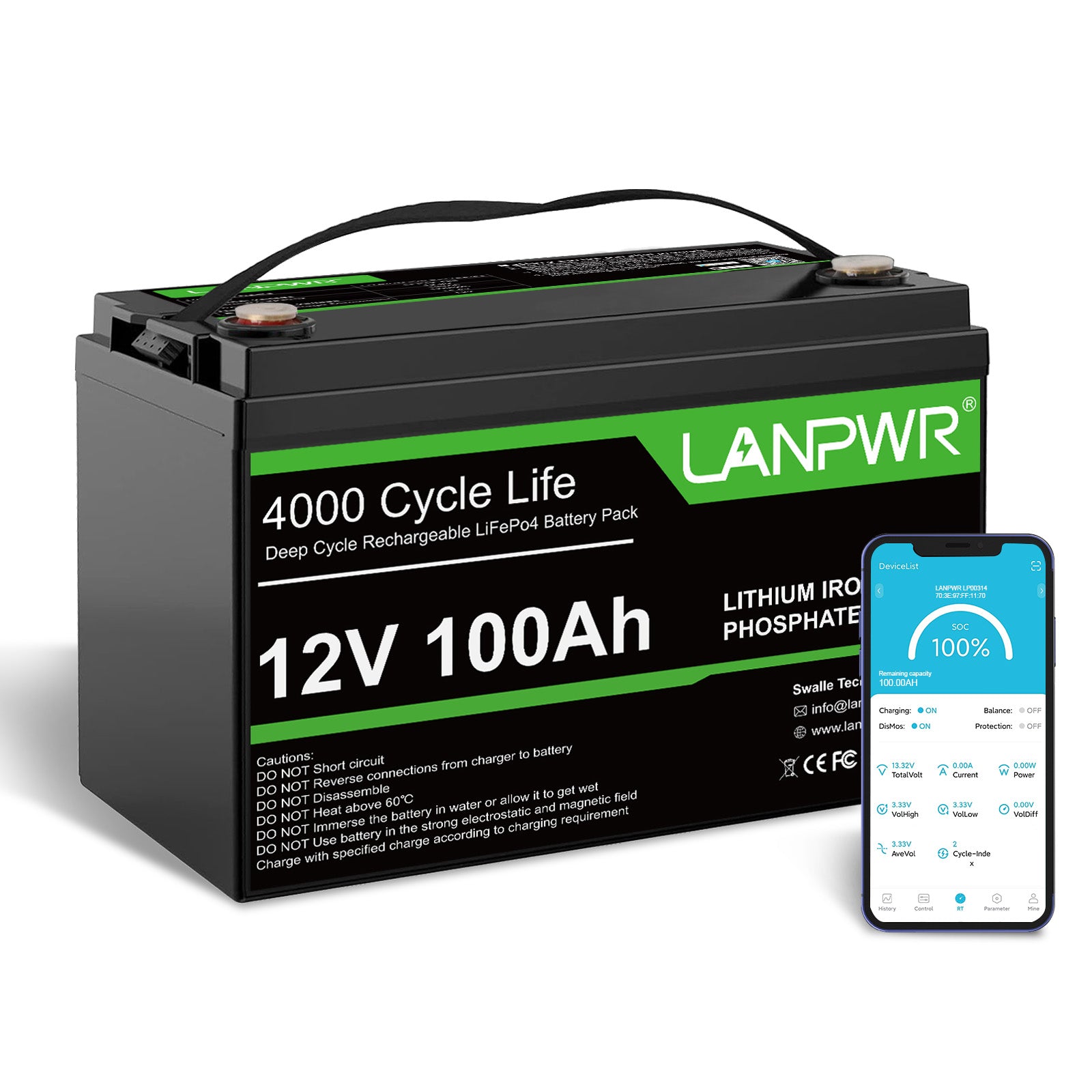
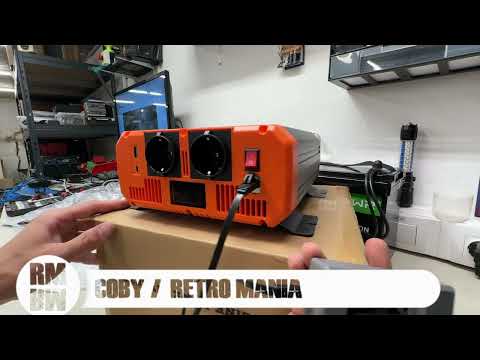
Leave a comment
This site is protected by hCaptcha and the hCaptcha Privacy Policy and Terms of Service apply.